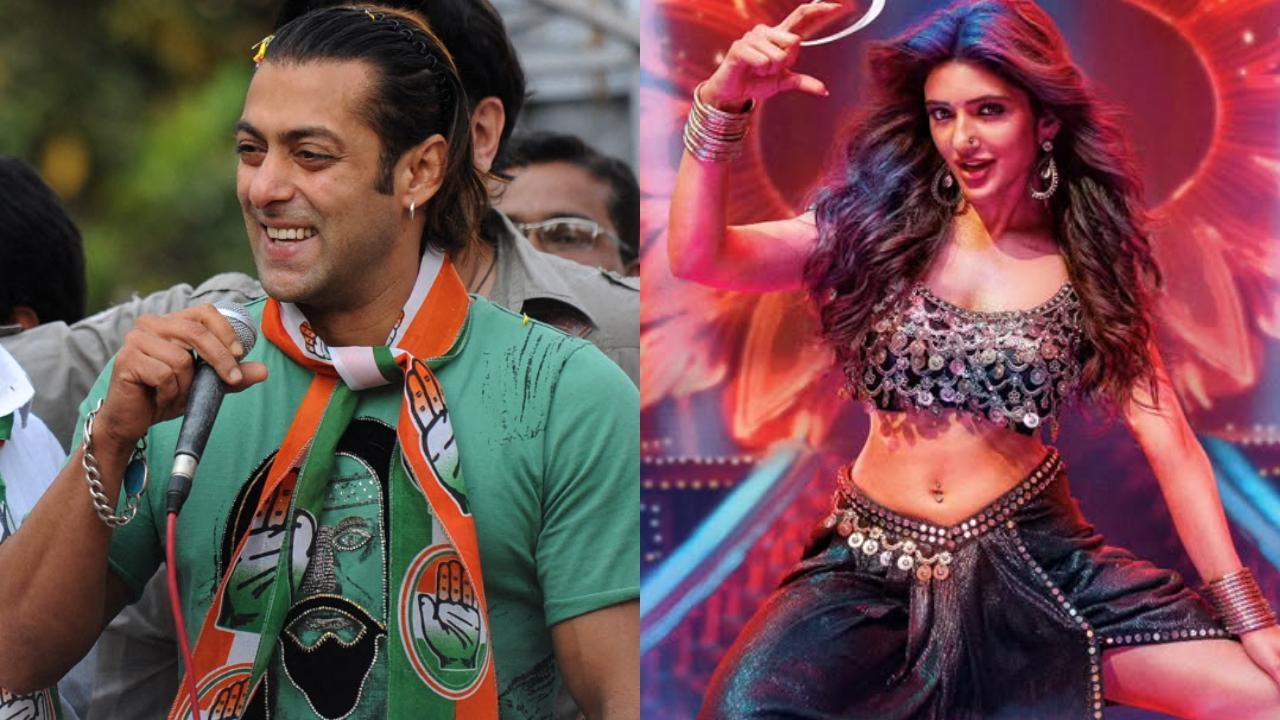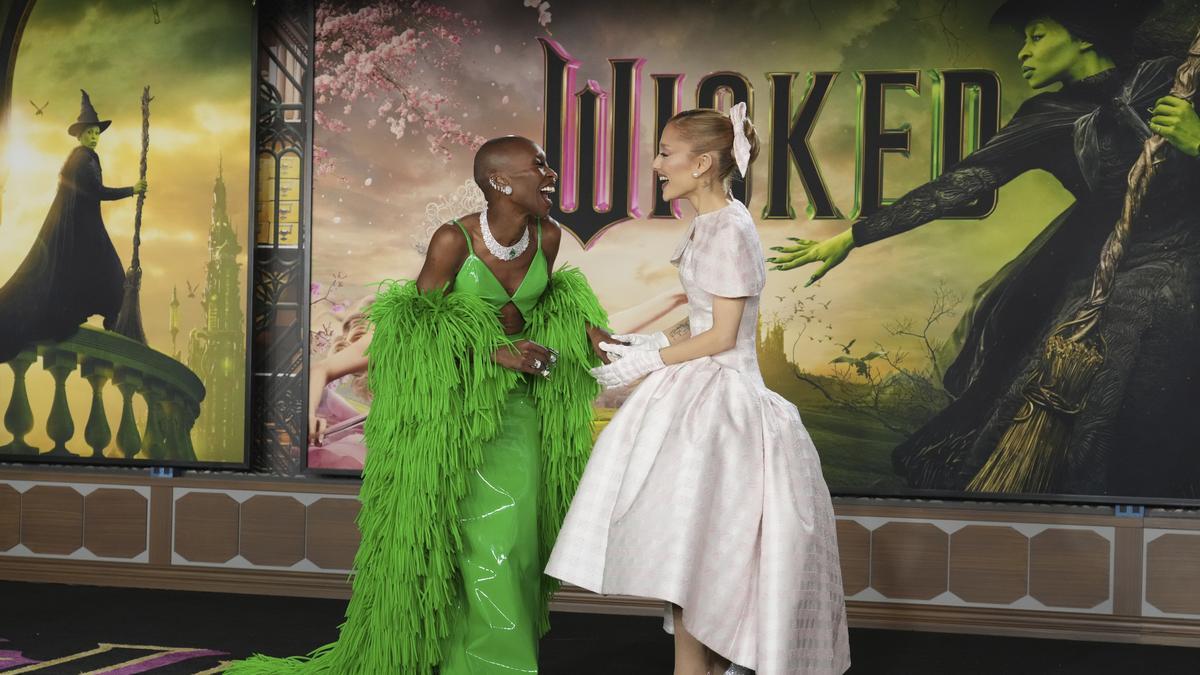
In a UEFA Nations League match held at Dublin’s iconic Aviva Stadium, England players Declan Rice and Jack Grealish were subjected to protests and jeers from Ireland fans. These reactions were fueled by the players’ decisions to switch their international allegiance from Ireland to England, leaving a palpable sense of betrayal among Ireland supporters. The emotions of the fans were visibly on display with one notable banner that featured images of Rice and Grealish accompanied by the words, “The snakes are back.”
Both players, however, seemed unfazed by the charged atmosphere and responded in the best way athletes know how—by delivering on the pitch. Declan Rice opened the scoring in the 11th minute, giving England an early lead. Notably, Rice chose not to celebrate his goal, a possible gesture of respect towards the Irish fans who once cheered for him.
Jack Grealish then doubled England’s advantage in the 26th minute. Unlike Rice, Grealish did celebrate his goal but later sought to soften the impact of his actions by expressing kind words toward the Irish fans. “We both enjoyed our time playing here. I certainly did,” Grealish remarked. “I have a lot of Irish in my family, so there’s no bad blood whatsoever from my side.”
Declan Rice’s decision to switch his allegiances caused ripples among Ireland fans as he had made three senior appearances for Ireland before opting to represent England. His move has since been justified through his significant contributions to the English national team, emerging as one of the best midfielders in Europe. His career trajectory has seen a consistent rise, making him a linchpin in England’s national squad.
Jack Grealish’s path, although slightly different, sparked its own set of controversies. Grealish played for Ireland at youth level before choosing to pursue his senior career with England.
. The decision was met with disappointment from Irish fans who viewed him as a future star for their national team. Grealish’s club career reached new heights in 2021 when he joined Manchester City for a staggering £100 million ($139 million), marking the highest fee ever paid for a British player.
Both players, though born in England, were eligible to represent Ireland due to their heritage. This eligibility and subsequent switch to England have led to lingering feelings of betrayal among the Irish fanbase. The display of these sentiments was evident at the Aviva Stadium, underscoring the complexity of national allegiance in modern football.
Interestingly, the current interim manager of the England team, Lee Carsley, also has a history with Irish football. Born in England, Carsley made 40 appearances for the Ireland national team during his playing career. This shared history of dual national eligibility adds another layer to the already intricate narrative surrounding Rice and Grealish.
This story, sourced from a third-party syndicated feed, reveals the nuanced relationship between players’ professional decisions and the emotional investments of fans. Mid-day, the publication in which this story appears, makes it clear they bear no responsibility for the data’s dependability or accuracy. The management also reserves the right to alter, delete, or remove the content at its absolute discretion.
In conclusion, the protest from Ireland fans at Aviva Stadium sheds light on the deep connections and emotional stakes involved when players switch national teams. Declan Rice and Jack Grealish, despite the jeers, demonstrated their professionalism and high skill levels. Their contributions led England to a 2-0 victory and subtly communicated that, while fans may harbor resentment, the players’ decisions were driven by their professional aspirations. Both players have made significant strides in their careers, and their performances show no signs of being affected by past controversies. Despite the charged atmosphere, the match reminded us all of the complex web of identity, allegiance, and professional growth in international football.










